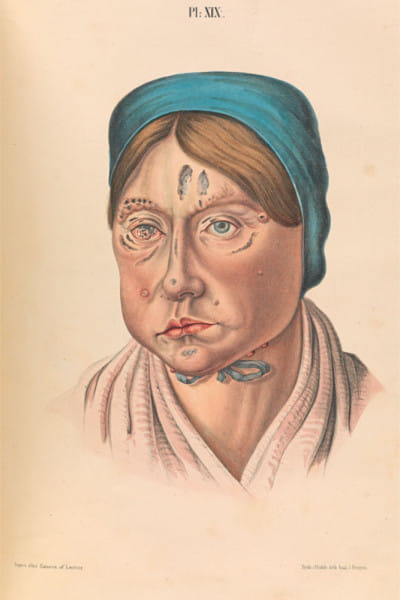Fight Leprosy, Fight Stigma

Leprosy, a long term bacterial infection and one of the scariest diseases of the world, is completely curable with timely and proper treatment. However, due to lack of awareness, many leprosy victims become disabled for the rest of their lives. Due to stigma, superstition and severe consequences of the disease, leprosy is still considered as one of the major health problems in the developing and least developed countries like Bangladesh.
According to National Leprosy Elimination Programme (NLEP), there were 26,479 people from 1985 to 2015 in Bangladesh with physical deformity caused by this disease. Some 203,423 people were diagnosed as infected with leprosy in the country during the period. The data indicated that over ten percent affected people became disabled due to the disease each year.
Leprosy is a chronic infection caused by the bacteria Mycobacterium leprae. It is characterised by severe disfiguring skin sores and nerve damage in the arms and legs, says experts from Leprosy Mission International-Bangladesh (TLMI-B), an NGO working on leprosy.
According to TLMI-B experts, integrated health services can reduce the sufferings caused by leprosy. The integrated health services include five key areas of treating the disease--raising community awareness on leprosy, detecting new leprosy case, adequate supply of multi-drug therapy (MDT), ensuring leprosy complication management, and rehabilitation supports.

Raising awareness among victims, their relatives and neighbours is also a very important part of the integrated health services because, prevailing misconception and superstition regarding the disease has been hampering its eradication. The message has to be disseminated that the treated persons are no longer infectious. People should be informed about the symptoms of leprosy and the availability of treatment facilities.
Diagnosis and treatment of leprosy is available free of cost in Bangladesh. However, some parts of our country do not have the supply of MDT, a combination of drugs used for the treatment of leprosy. We have only three leprosy hospitals but those are not adequately equipped at all. In these hospitals, equipment and medicines should be provided to do reconstructive surgery as many patients may suffer from amputations due to severe infection. On the other hand, multi-drug treatment sometimes produces adverse reactions in the patients' body which need be minimised by correct and timely treatment.
There are examples of complete rehabilitation of leprosy patients through vocational trainings and microcredit programmes. To rehabilitate the patients, medical staff members also need to be familiar with the rehabilitation initiatives so that they can support the patients psychologically.
To ensure integrated medical services for leprosy patients, the major thrust of our efforts must focus on integrating leprosy treatment into the general health services. This will improve access to leprosy services and reduce the stigma and discrimination faced by persons affected by the disease.
Integrated services also mean day-to-day patient management; recording and reporting regularly about the patients' condition become the responsibility of general health staffs. It has become the major strategic component of the WHO's leprosy elimination strategy. The need for integration has been recognised in all the leprosy endemic countries.
The main challenge of Bangladesh to implement the strategy is the lack of expert and trained manpower. "If the government takes necessary steps to introduce the services at least all the medical college hospitals in the country, it would go a long way in reducing leprosy crisis. It would be better if the services are made available at district level general hospitals also," says Jiptha Boiragee, programme support coordinator of TLMI-B. We can get a leprosy-free country by defeating the disease if steps are taken in line with the integrated services.
The writer is a freelance journalist. He writes on health and development issues.

 For all latest news, follow The Daily Star's Google News channel.
For all latest news, follow The Daily Star's Google News channel. 



Comments